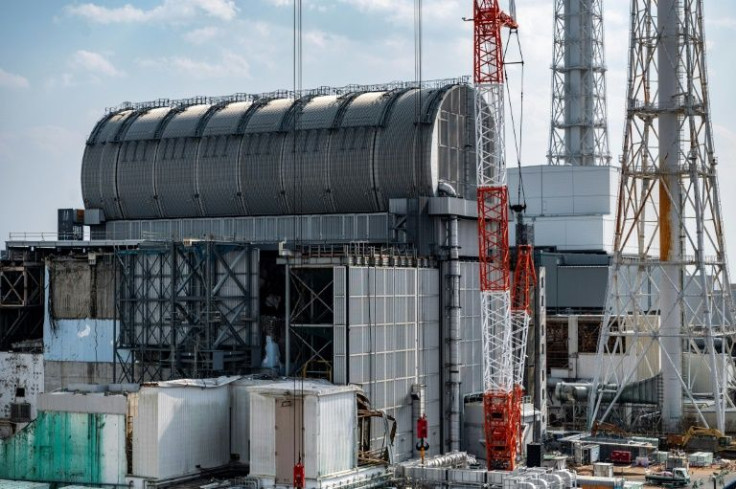Behind Japan’s Move To Restart Nuclear Power Plants

Five months on from COP26 in Glasgow in Scotland, the global energy landscape has shifted dramatically due to supply chain disruptions caused by recent global events. Apparently, energy security has come to prominence for nations that rely heavily on fossil fuels.
As a highly industrialized nation that relies on imports for its energy supply, Japan is re-evaluating its energy security and will abide by the principles of 3E+S: energy security, economic efficiency, environment and safety.
Post-Fukushima mishap, there has a significant decrease in Japan's nuclear power fleet from 30 percent to nearly 10 percent of the energy mix due to persisting safety concerns among the public.
Radioactive particles from Fukushima in 2011 travelled as far as 400 km. It is reported that nearly 7 percent of Japan was seriously contaminated by the mishap.
After the March 2011 meltdown accident, public opinion broadly opposed nuclear restarts, but the tide moved in favor of nuclear energy due to rising fuel prices following the war in Ukraine.
Getting Japan's nuclear power plants up and running will ensure a stable supply of power and help bring down the cost of electricity.
Under the instructions of Prime Minister Fumio Kishida, Japan plans to develop new-generation nuclear power plants as soaring energy prices in the country have forced Japan to ease some of its longstanding resistance to nuclear power.
The prime minister unveiled the new plan during the Green Transformation (GX) summit on Aug. 24. According to Kishida, Japan must prioritize overcoming the crisis to achieve its green transformation goals.
As part of the green energy transformation, Japan has set up a high-powered panel to address climate change. The panel, led by Kishida and comprising business leaders, will accelerate efforts to achieve carbon neutrality by 2050.
Besides, industry minister Koichi Hagiuda is tasked with promoting green transformation, or GX, under a 10-year roadmap that starts in 2023.
According to the Japan Times newspaper, the government believes nuclear plants are indispensable for green energy transformation and to end reliance on fossil fuels.
To achieve decarbonization and green growth, Japan is banking on tapping ¥20 trillion ($146 billion) in government spending.
The third largest economy in the world is planning to restart up to nine nuclear reactors by this winter to secure electricity supplies equivalent to 10 percent of the total consumption in the country. The nine reactors have been examined by the Nuclear Regulation Authority for a possible restart.
The NRA has called for the use of enhanced predictive analysis for safety inspections. It is also checking the complete earthquake fault assessments and other inspection procedures.
In March 2022, the government came out with the first warning of a possible power shortage in eastern Japan. Power shortages are expected to be even more severe throughout Japan at the beginning of 2023.
The first meeting of Green Transformation took place on July 27 towards a decarbonized society. The proposed green transformation led to the decommissioning of aging thermal power stations, which aggravated power shortages in eastern Japan, forcing the Kishida government to take steps toward restarting nuclear plants.
Besides, Japan has halted imports of liquefied natural gas from Russia due to the war in Ukraine which has severely affected gas and power supplies in the country.
As global energy prices soared following Russia's invasion of Ukraine, European nations are reevaluating nuclear power plants as a decarbonizing power source and Japan is following suit.
Currently, nuclear power plants churn out about 10 percent of global electricity generation, which is going to increase as nations are tying up nuclear energy with green transformation. However, given that nuclear power plants are not commercially insurable, the risks fall on society at large.





